Learning Blog
Sound Therapy - Ancient History and Principles
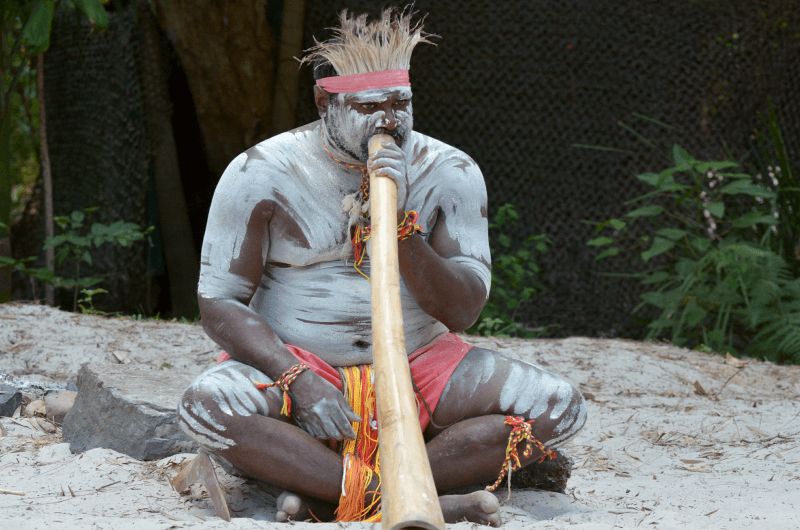 In recent years we have witnessed an increased interest in alternative medicine and perhaps it is precisely because technology is moving ever so rapidly forward that we seek ancient knowledge in the natural world to counterbalance this trend.
Mobile applications for meditation are booming, yoga studios open up at every corner, but most importantly, perceptions towards alternative forms of medicine have changed and it is now normal to discuss energy flows and quantum principles.
Despite some claims that sound therapy, also known as sound healing, is just a New Age hippie thing, healing through sound has been around for quite some time now; thousands of years to be precise.
In recent years we have witnessed an increased interest in alternative medicine and perhaps it is precisely because technology is moving ever so rapidly forward that we seek ancient knowledge in the natural world to counterbalance this trend.
Mobile applications for meditation are booming, yoga studios open up at every corner, but most importantly, perceptions towards alternative forms of medicine have changed and it is now normal to discuss energy flows and quantum principles.
Despite some claims that sound therapy, also known as sound healing, is just a New Age hippie thing, healing through sound has been around for quite some time now; thousands of years to be precise.
Ancient History
The earliest recorded traditions date back some thousands of years when the indigenous aboriginal people of Australia used their famous musical instrument, the didgeridoo, in their healing ceremonies and as a way to enter into an almost hypnotic state. Later in Asia, when Shintoism and Tibetan Buddhism became popular philosophies, the sounds of huge gongs and tiny metallic bowls were considered sacred and these early instruments were mandatory for all religious ceremonies so that the monks can achieve that meditative state of inner peace. The ancient Egyptians who were regarded at the time as the healthiest race believed that a person can only be properly cured holistically through a combination of medicinal practices, and sound therapy was an integral part of the healing process. Medicine men would often play drums and percussions and sing special seven vowel chants to the sick in order to complement the medicinal effects of the herbs they gave to their patients. Contemporary to the Egyptians, in Greece the famous “father of mathematics” Pythagoras was also one of the first of the ancient Greek philosophers who wrote about the nature of music. To him, music was not only the purest divine form of mathematics, but also God's way to heal some anxieties and ailments. Legend has it that Pythagoras was a fan of string instruments for healing and warned his disciples to avoid the sound of the flute, which he considered evil. Perhaps it's a good thing that Pythagoras didn't have the chance to travel to South America because at the time the Mayan shamans believed the flute was sacred - it was one of their preferred instruments for shamanic rituals and healing.The Principles Behind Sound Therapy
Classical physics states that all material things in the universe are made of atoms and tiny particles that are constantly in motion, a phenomenon we call vibration. The word vibration comes from the Latin word for “shaking”. In other words, every single material object (including ourselves) has its own vibration. Every vibration has a frequency which is the rate of vibration per second. In case you are wondering, we can't exactly measure our body's frequency because each organ works on a different frequency and also varies between individuals. Also by definition, sound is vibration in the form of mechanical wave that propagates through a medium which we clearly can observe in water for example. It's different when we talk sound with regards to our physiology, which is our brain's perception of this mechanical wave with our body acting as the medium for propagation. Another interesting notion in physics is called resonance where one wave can modulate the frequency of another wave. Have you noticed what happens if you throw two equal sized rocks simultaneously in a pond of water? What if the rocks are not the same size? Frequencies, vibrations and resonance are some of the key principles that guide sound healing practitioners who study the effects of listening to particular frequency sounds on the human body and brain.Real or Pseudoscience?
For the last couple of decades interest in sound therapy has definitely increased exponentially. A growing number of books, numerous scientific studies and a worldwide boom in sound therapy training schools suggests that sound healing may not be a pseudoscience as many sceptics were previously convinced. On the opposite, it may be the only cure for some patients. Studies show that sound therapy treatment succeeds in areas where traditional medicine fails, as is the curious case of tinnitus, also known as buzzing in the ears. Whether we choose to believe in sound therapy or not, we can all agree that listening to particular sounds does have a very real effect on the body. After all, didn't you feel more calm and relaxed when you were at the beach listening to the sea for hours?Learn with confidence...

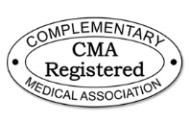

 RRP
$100
RRP
$100
Get a FREE Course
Tick this box to Sign up for our newsletter, and get access to the Interview Skills and CV Writing Certificate course for free! By signing up, you agree to our Privacy Notice & Cookie Policy and to receive marketing and related emails from academy+ brands. You can unsubscribe at any time.What our students say about us...
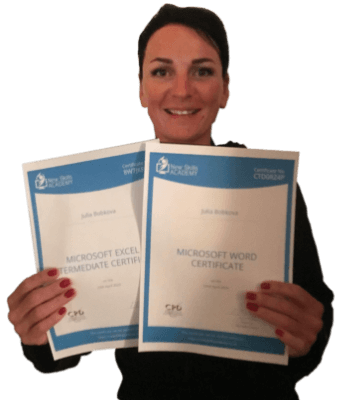
This is a great course for any level of knowledge. Very easy to navigate, great practical tasks and explanations are very clear. You can revise any module with no problem. The test wasn’t too hard if you completed every module. It may be handy to make some notes before you start. Overall I'm very happy with my choice. Thank you New skills for my New skills :)
Julia Bobkova
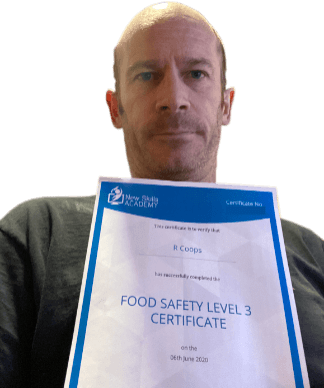
Yet another well laid out course. This is my 3rd course so far with New Skills Academy.
More than likely will be back for another one soon. This course was enjoyable to do, and I learnt a lot and passed first try. My certificate will be up on the wall soon.
Rob Coops
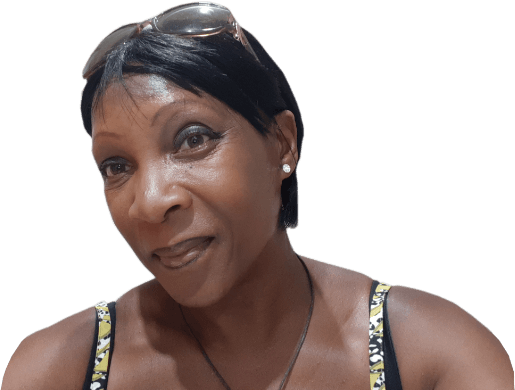
Fantastic course! Well-presented and challenging with frequent assessments. I feel a serious sense of accomplishment having not studied for over 30 years! Videos that accompany each module are carefully thought out and informative. Am so impressed with this course, have now signed up for 3 other courses and recommending New Skills Academy to everyone!
Marva Hudson

I found this course incredibly useful, as it provided me with practical knowledge which I can implement in my role as a Support Worker. The videos were clear and concise, and the downloadable worksheets reinforced what I had learned as I was able to put pen to paper. Overall, a fantastic course for a great price! I am looking forward to taking on my next one.
Teleisha Harley
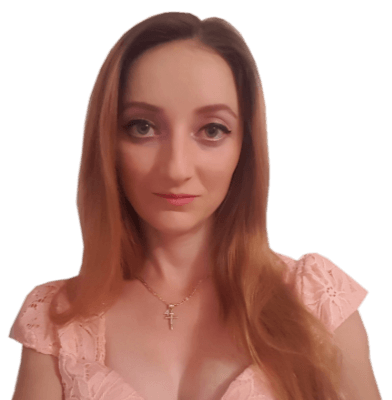
Very interesting and helpful course. I ve learned a lot of interesting things about make up and the tutorials were very helpful and easy to understand. I really reccomend this course for everyone who is passionate about make up and wish to develop their skills and make a career from their hobby.
Nicoleta Lucaci

Lovely course for people who want to know the basics and of sign language. It's has helped me to get more of an understanding and will greatly benefit me in my workplace. So easy to pick up and the videos were easy to understand. Would definitely recommend to anyone.
Chloe Hambly
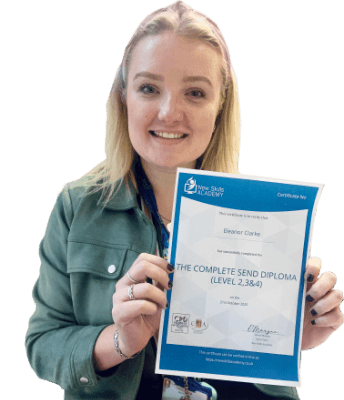
It was an eye opening course that was flexible and easy to access. I was able to complete it from the comfort of my own home whilst also having the tasks to complete which enabled me to check my knowledge. I know feel much more confident in my field of work and really enjoyed doing it.
Ellie Clarke

This course is a great way to brush up on my rusty excel skills, I recommend this course to anyone looking for something to do during lockdown, it's easy to use and talks you through each stage step by step. It has given me the confidence I need to further my career.
Georgia Darke



